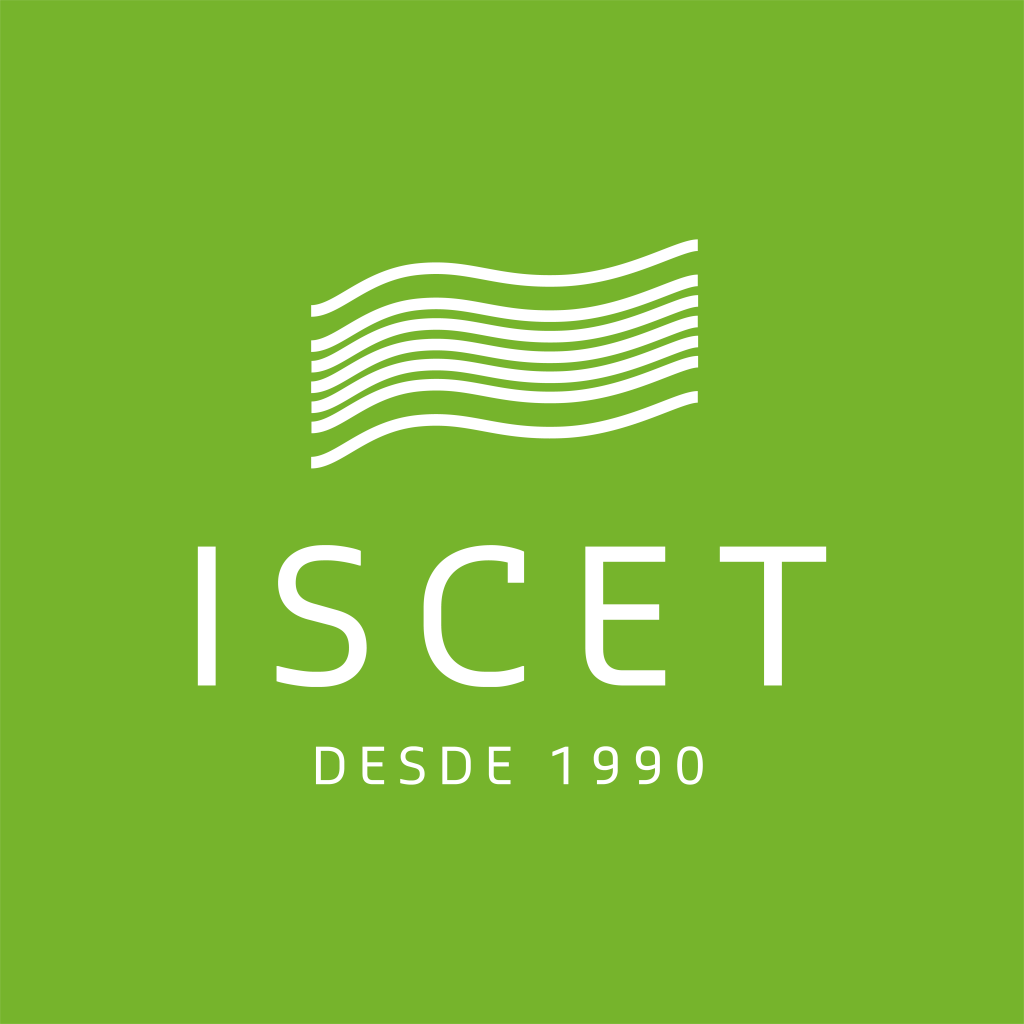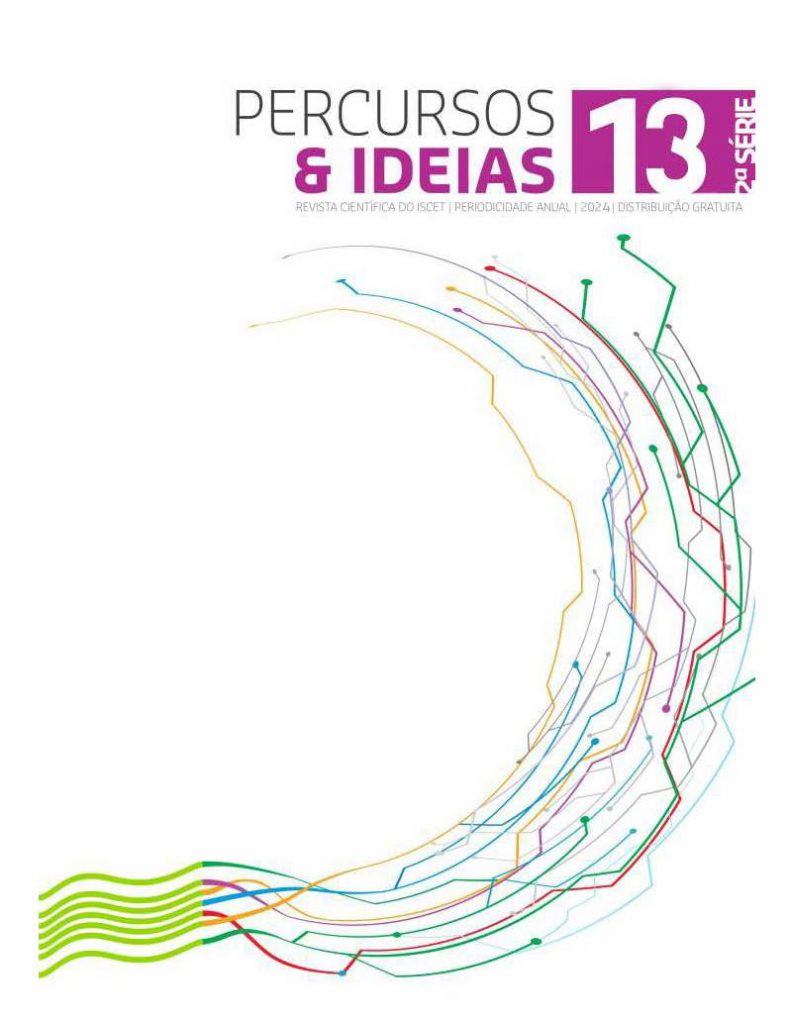O direito à proteção da saúde e os direitos dos doentes
Ana Paula Cabral1
1 ISCET – High Institute of Business and Tourism Sciences, Porto, Portugal
To cite this text: Cabral, A. P. (2024). O direito à proteção da saúde e os direitos dos doentes, Percursos & Ideias, 13, 18-30.
doi: 10.56123/percursos.2024_n13_0003
Published . Language: Portuguese.
Abstract
The right to health protection, enshrined in the Constitution of the Portuguese Republic, is one of the most important rights for every subject. Patients’ rights are one of its realisa tions. These rights are enshrined in a wide range of laws, and various authorities and organisations are also entrusted with the task of guaranteeing their protection, as is the case with the Health Regulatory Authority. The intervention of artificial intelligence in relation to patients’ rights will certainly have an impact on them. ln order to avoid any negative impact, we are in favour of regulating this ‘new’ reality.
Keywords
Patients’ rights, Right to health protection, Artificial intelligence.
References
Andrade, J. C. V. de. (2019). Os direitos fundamentais na Constituição portuguesa de 1976 (6ª ed.). Almedina.
Canotilho, J. G. (n.d.). Direito Constitucional e Teoria da Constituição.
Comissão Europeia. (2020). Orientações políticas para a próxima Comissão. Retrieved from https://ec.europa.eu/commission/sites/betapolitical/files/political-guidelines-nextcommission_pt.pdf
Correia, M., Rego, G., & Nunes, R. (2021). Gender transition: Is there a right to be forgotten? Health Care Analysis, 29, 283–300. https://doi.org/10.1007/s10728-021-00433-1
Diário da República Eletrónico. (2019). Lei nº 59/2019.
Lusa. (n.d.). Proposta portuguesa de Declaração de Igualdade de Género seguiu para a UNESCO. Retrieved from https://www.publico.pt/2017/01/06/sociedade/noticia/proposta-portuguesa-de-declaracao-de-igualdade-de-genero-seguiu-hoje-para-a-unesco-1757331
Mafalda, A. (n.d.). Inteligência artificial: Direito e personalidade jurídica [Dissertação de Mestrado em Ciências Jurídico-Forenses]. Universidade de Coimbra.
Miranda, J. M. R. (2005). Constituição Portuguesa Anotada (Tomo I). Coimbra Editora.
Monge, C. (2019, abril). The fundamental right to health protection. EPública, 6(1).
Monteiro, J. D. d’Avila M., & Nunes, R. (2020). Conceito de dignidade humana: Controvérsias e possíveis soluções. Revista Bioética, 28(2). https://doi.org/10.1590/1983-80422020282381
Nunes, R. (2014). Consentimento informado e boa prática clínica. Revista Julgar (Número Especial).
Nunes, R. (2017). Ensaios em Bioética. Faculdade de Medicina da Universidade do Porto.
Nunes, R. (2021). Regulação da Saúde (4ª ed.). Vida Económica.
Nunes, R. (2022a). Global health in a digital world. In Healthcare as a Universal Human Right (pp. 80–94). Routledge. https://doi.org/10.4324/9781003241065-7
Nunes, R. (2022b). Healthcare as a Universal Human Right: Sustainability in Global Health. Routledge.
Oliveira, M. H. B. de, & T. N. C. R. (2021). Direitos humanos e saúde: Reflexões e possibilidades de intervenção (1ª ed.). Fiocruz.
ONU. (2015). Transformar o nosso mundo: Agenda 2030 de Desenvolvimento Sustentável.
Parlamento Europeu & Conselho Europeu. (2024). Regulamento (UE) 2024/1689 do Parlamento Europeu e do Conselho de 13 de junho de 2024.
Regime de responsabilidade civil aplicável à inteligência artificial. (n.d.). Retrieved from https://www.europarl.europa.eu/thinktank/en/document.html?reference=EPRS_STU
Tribunal Constitucional. (1984). Acórdão do Tribunal Constitucional nº 39/84.
UN DESA. (2022). Relatório dos Objetivos de Desenvolvimento Sustentável 2022.


